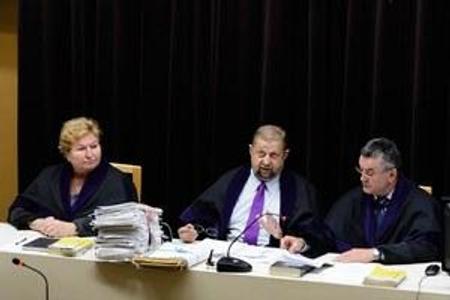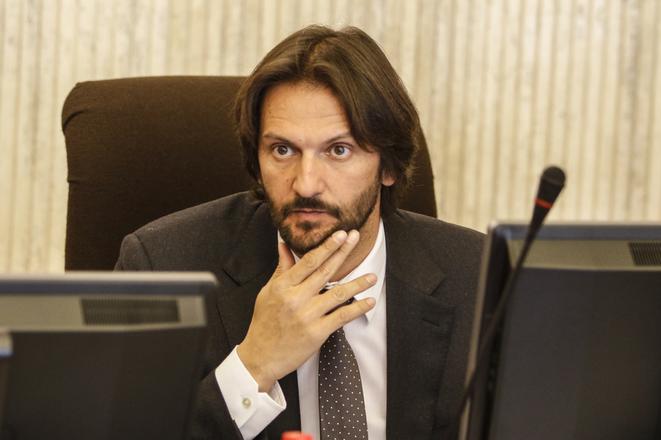He claimed that the status of the inspectorate in Slovakia will not change, the Sme daily reported.
In the vast majority of European countries the standing of Police Corps inspectorates in terms of independence is either equal to or worse than the one in Slovakia. The ministry has looked into the arrangements for checks of police work in 30 European countries.
“In 25 of them inspectorates are subordinate to the Interior Minister and the Interior Ministry,” Kaliňák said, as quoted by the TASR newswire. “In 10 of the 25 countries, the inspectorates are expressly subordinate to the Police Corps Presidium. A different system is in place in only a few countries.”

The police force inspectorates are within the province of the Police Corps in, for example, Poland, France, Germany, Portugal, Estonia, Greece, Sweden, the United Kingdom and Malta. Countries where there is a greater deal of independence; that is, where inspections are carried out separately from the Police Corps (besides Slovakia) are: Finland, Belgium, Spain, the Netherlands, Italy, Romania, Montenegro, Serbia and Austria, according to the minister.
There are some special cases in which the police fall under the scope of different authorities than the Interior Ministry, namely countries like Cyprus, Denmark and Luxembourg, said Kaliňák. Slovenia and Croatia use a system in which a specific section of the prosecutor’s office keeps tabs on the work of police officers.
“Slovakia’s particularity lies in that the prosecutor’s office has an independent standing; that is, we have the most independent inspectorates among all these countries,” Kaliňák said, as quoted by TASR.
The only country to have a designated corps dealing with this kind of crime is the Czech Republic. The status of the Czech police inspectorate was changed based on the verdicts issued by the European Court of Human Rights in Strasbourg. The practice has, however, proved that it does not work well, Kaliňák said, as reported by Sme.
The issue of police inspectorate was recently brought to the forefront after two Supreme Court panels gave two incompatible rulings on the legality of inspectorates. A verdict by a now non-existent panel of judges led by Štefan Harabin ruled the inspectorate unlawful, deeming it to be in contravention of Slovakia’s international commitments. That view was dismissed by the same court in a legally valid opinion when it wholly endorsed an opposing view that had been made by a different panel of judges of the same court headed by Judge Juraj Kliment, TASR reported.



 Interior Minister Robert Kaliňák (source: TASR)
Interior Minister Robert Kaliňák (source: TASR)